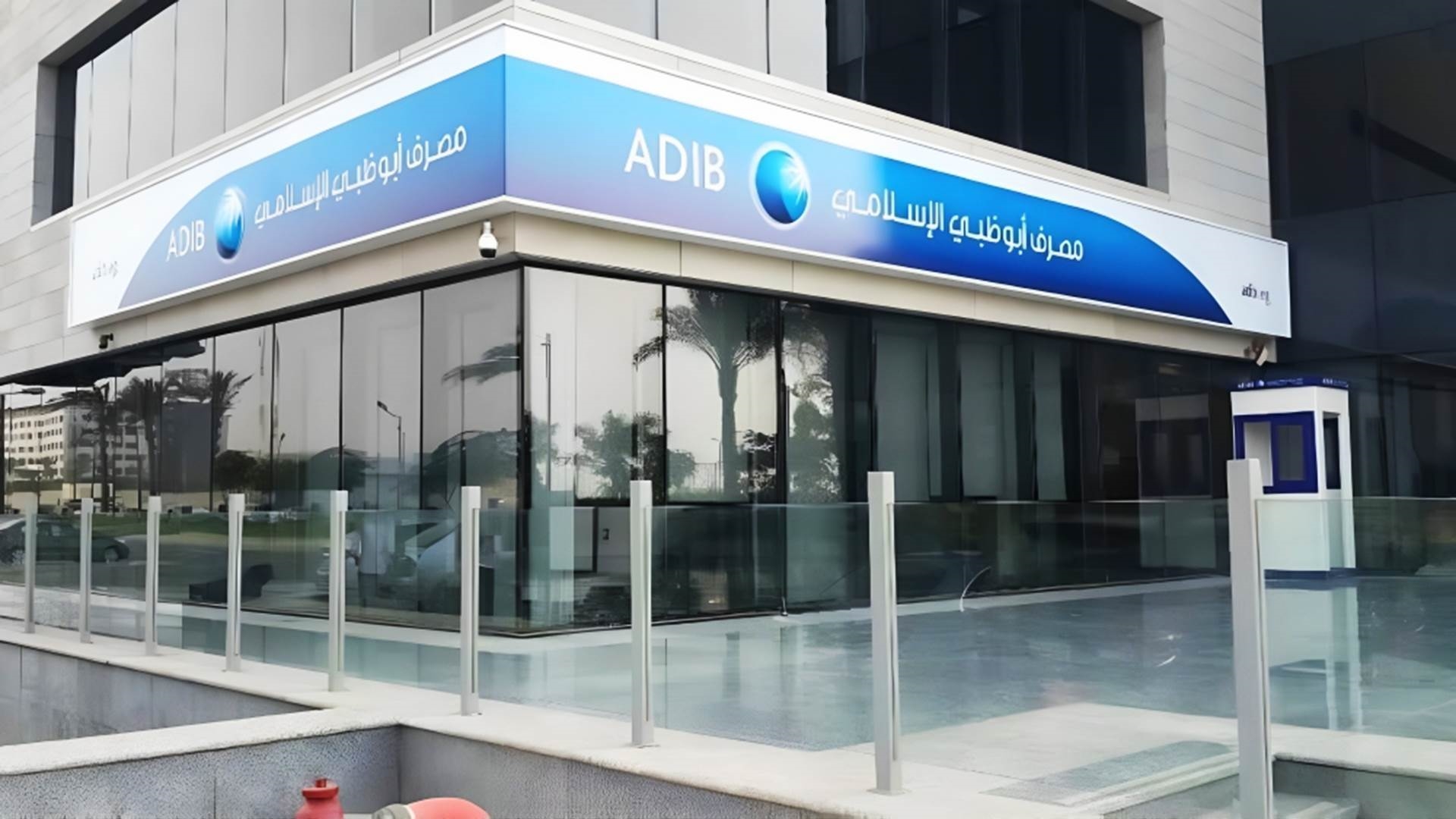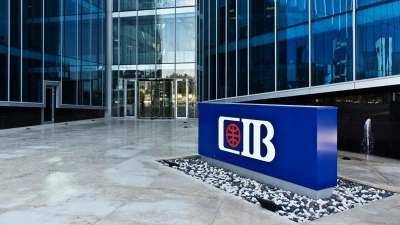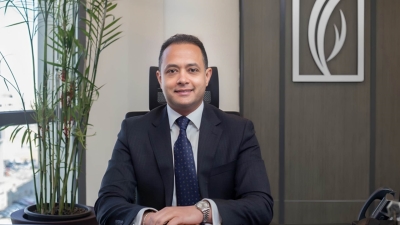Mohamed Aly's exceptional success story with ADIB - Egypt in 7 years

Since Mohamed Aly took over as CEO and Managing Director in November 2017, Abu Dhabi Islamic Bank Egypt has undergone historic shifts in its financial indicators especially over the past year. Thanks to its extraordinary leadership, ADIB has been able to enter the top 10 in the asset market for the first time in its history in September 2024 as the only Islamic bank on the list.
Its efforts also contributed to the bank's entry into the top 10 banks in Egypt in terms of deposit volume, as well as the top 10 banks in the customer loans market, reflecting the success of its expansion strategy in the finance sector as well as enhancing customer confidence in the bank's services and the variety of banking solutions it provides.
Thanks to its effective strategy and extensive banking expertise, Abu Dhabi Islamic Bank has paid Egypt to become the largest Islamic Bank in Egypt in the portfolio of assets, loans and deposits, making it one of the most prominent banks operating in the banking sector.
Under its leadership, the bank was able to double the size of its asset portfolio by about 7 times to jump by 596.16% and an increase of 223.05 billion pounds, registering 260.47 billion pounds by the end of 2024, compared to 37.42 billion by the end of 2017, and over the past year the portfolio has jumped by 60.53%.
The bank was able to strengthen its customer base, doubling the size of its deposit portfolio by nearly 7 times, to jump at a 570.34% rate and an increase of 170.15 billion pounds during the period under analysis, recording 199.98 billion pounds by the end of 2024, compared with 29.83 billion by the end of 2017, while the portfolio increased at a 57.43% growth rate over the past year.
This extraordinary increase is due to an increase in the bank's corporate deposit portfolio at a growth rate of 1107.23% and an increase of 103.80 billion pounds, reaching 113.18 billion pounds by the end of 2024, compared to 9.38 billion by the end of 2017, doubling the size of the portfolio more than 12 times over the last 7 years. Over the past year, portfolio volume increased by 63.29%.
The volume of the individual deposit portfolio also jumped by 324.31% and an increase of 66.35 billion pounds to more than 4 times during the period under analysis, reaching 86.81 billion pounds by the end of 2024, compared to 20.46 billion by the end of 2017, while the total portfolio increased by 50.39% over the past year.
In terms of granting credit to the bank, the total funding of enterprises registered a record growth of 526.68% and an increase of 62.48 billion pounds, moving from 11.86 billion pounds by the end of 2017, reaching 74.34 billion by the end of 2024, and weakening more than 6 times during the period under analysis.
The bank has also increased the amount of funding provided to the retail sector, with total individual finance more than 3 times more than a 219% rate and an increase of 19.23 billion pounds, reaching 28.02 billion pounds by the end of 2024, compared with 8.78 billion pounds by the end of 2017, while the size of the portfolio has jumped at a 53.50% growth rate over the past year.
Those record increases reflected the growth of the bank's total portfolio of clients, which jumped by 395.75% and an increase of 81.71 billion pounds to double by 5 times and reach 102.35 billion pounds by the end of 2024, compared to 20.65 billion by the end of December 2017.
As for the evolution of the Bank's net profits during Mohamed Aly's tenure as Chief Executive Officer, ADIB was able to make a historic breakthrough in its net profits, which rose by 1327.48%, increasing by 8.38 billion pounds to more than 14 times over the last 7 years and registering 9.02 billion pounds in 2024, compared to about 632 million in 2017.
As for the bank's net profit over the past year, it jumped by 92.90%, an increase of 4.34 billion pounds, to 9.02 billion pounds in 2024, compared with 4.67 billion in 2023.











